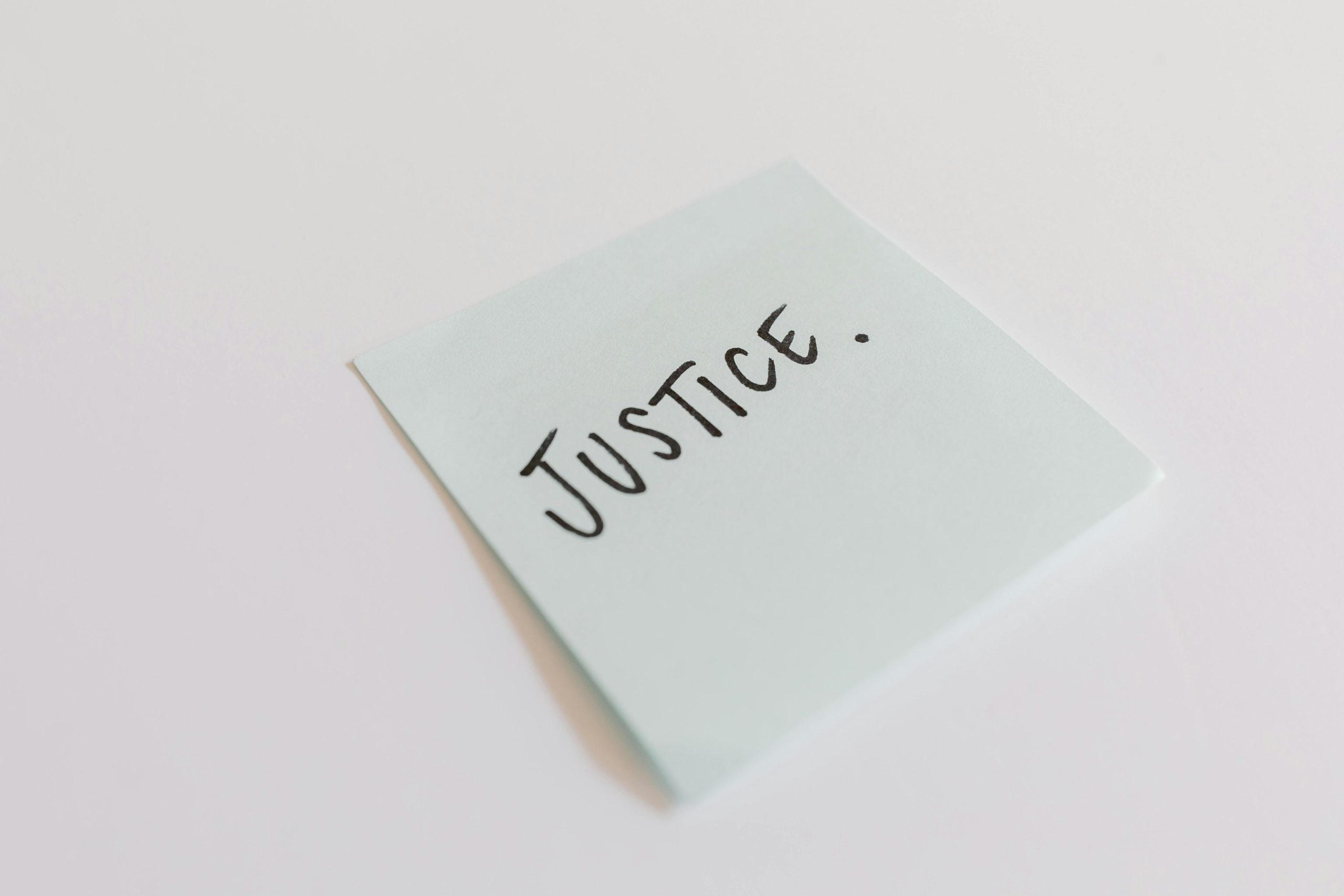Demystifying Constitutional Rights: Knowing Your Legal Freedoms
As citizens, we often hear the term “constitutional rights” thrown around, but what does it actually mean? Many of us may have a basic understanding of these rights, but do we truly know what they encompass? In short, constitutional rights refer to the fundamental liberties and protections granted to individuals under the United States Constitution. These rights serve as the backbone of our legal system and play a crucial role in shaping our daily lives. However, with the complexity of the legal system, it can be daunting to try and decipher what these rights actually entail. In this article, we will delve into the world of constitutional rights and decode the mystery behind them, ensuring that you are equipped with the knowledge of your legal freedoms.
Understanding Constitutional Rights
Before we can fully understand our constitutional rights, it is essential to have a basic grasp of what the Constitution is and its purpose. The United States Constitution is the supreme law of the country and serves as the foundation for the governmental structure. It was ratified in 1788 and has since been amended 27 times. The Constitution is divided into three main parts: the Preamble, seven articles, and 27 amendments. The first ten amendments, known as the Bill of Rights, are often seen as the cornerstone of individual rights in the United States.
Demystifying Constitutional Rights
Now that we have a general understanding of the Constitution, let’s dive into the concept of constitutional rights. These rights are not absolute and can be limited in certain situations. For example, the First Amendment guarantees freedom of speech; however, this right does not protect individuals from making threats or inciting violence. Additionally, the government has the power to restrict some rights for the greater good, such as the ability to seize property for public use, as mentioned in the Fifth Amendment.
One of the fundamental principles of constitutional rights is that they are not granted by the government but instead inherent to all individuals. They are considered inalienable, meaning that they cannot be taken away or given up. These rights are meant to protect individuals from government interference and ensure that everyone is treated fairly and equally under the law.
Know Your Legal Freedoms
With so many different rights outlined in the Constitution, it can be overwhelming to try and keep track of them all. However, it is crucial to have a basic understanding of these legal freedoms as they play a significant role in our daily lives. Some of the most well-known constitutional rights include freedom of speech, religion, and the press as outlined in the First Amendment. The Fourth Amendment protects individuals from unreasonable searches and seizures, while the Eighth Amendment prohibits cruel and unusual punishment. Additionally, the Thirteenth Amendment abolished slavery, and the Nineteenth Amendment granted women the right to vote.
Other Forms of Protection
Aside from the rights listed in the Constitution, there are various other forms of legal protection that individuals have. These include state laws, executive orders, and Supreme Court rulings. Additionally, certain acts and organizations, such as the Civil Rights Act and the American Civil Liberties Union (ACLU), also provide additional layers of protection for individuals’ rights.
Protecting Your Rights
Now that you have a better understanding of your constitutional rights, it is essential to understand how to protect them. If you feel that your rights have been violated, you can challenge the government’s actions through legal action. This can include filing lawsuits, appealing decisions, and speaking out against injustices. It is crucial to be aware of your rights and speak up if you feel that they are being infringed upon.
Furthermore, educating yourself and staying informed about current events can help you stay vigilant about potential infringements on your rights. Stay up to date with current events and civic issues, and always question authority if you feel that your rights are being violated.
In Conclusion
In conclusion, constitutional rights are a crucial aspect of our legal system, and it is important to have a basic understanding of them. These rights are meant to protect individuals from government interference and ensure that everyone is treated fairly and equally under the law. With the ever-changing legal landscape, it is important to stay informed and protect your rights. By knowing your constitutional rights, you can ensure that you are well-equipped to protect yourself and the community from any potential violations. Remember, information is power, and in this case, it can also be the key to safeguarding your legal freedoms.










